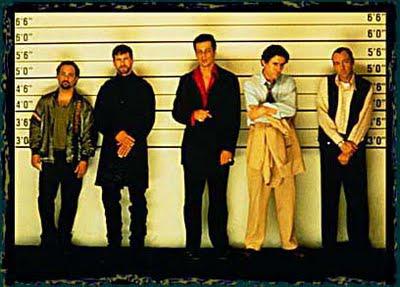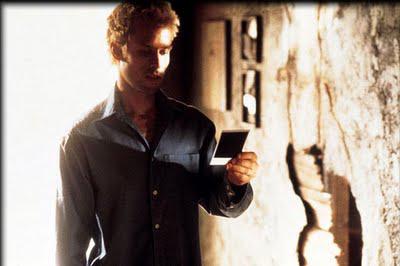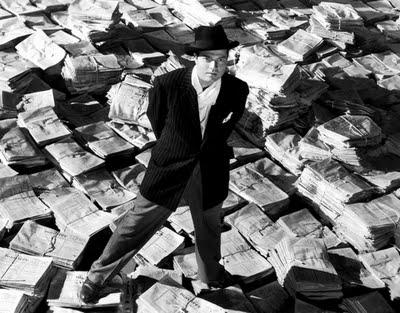
Orson Welles' Citizen Kane (1941) was the first film to do so as it told the story of Charles Foster Kane through varying perspectives yet he remains an enigma to other characters and the audience but we, the audience figure out the puzzling mystery of "Rosebud" at the very last scene. Akira Kurosawa opted for a similar approach with Rashomon (1950), which explores a crime from various perspectives but you don't who is the reliable spectator.
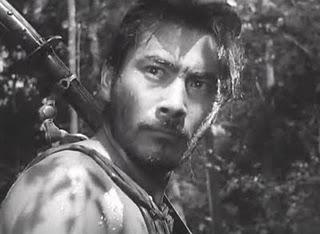
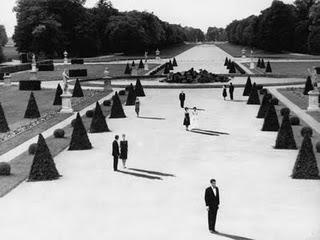
Alain Resnais' Last Year At Marienbad (1961), has a very complex narrative where reality and fantasy are hard to differentiate. The scenes are not in chronological order, some scenes are repeated and instances of reality being falsely distorted. The voice-over narration vaguely gives you an idea of the story. In Jean Luc Godard's Vivra sa vie (1962), the protagonist's story is told through a fragmented narrative (similar to the narrative of Pulp Fiction). Narrative deconstruction was not repeated again until the 1990's.
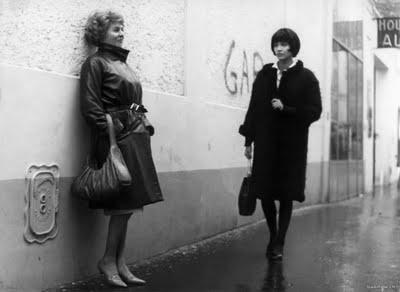
Quentin Tarantino seemed to have an affinity for unconventional narrative structures as immediately evident in Reservoir Dogs (1992), where he used flashbacks to tell the story of a failed robbery but the narrative here is not that intricate. The chronology of scenes in Pulp Fiction is fragmented, as you finish the film's ending, you have to correctly put the puzzle together. Following the wake of Pulp Fiction, there was a resurgence in narrative deconstruction.
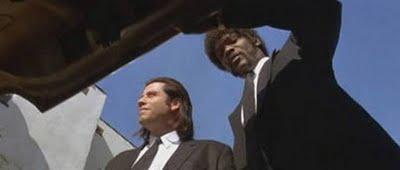
Starting with Bryan Singers' The Usual Suspects (1995), the narrative is taken back in time (i.e. flashback) but the intricate twist is that it's distorted by the unreliable spectator as he tells the story of what happened. Christopher Nolan's Memento (2001) structured the narrative to psychologically fit the protagonist's amnesia, therefore the audience is left mentally disoriented.
